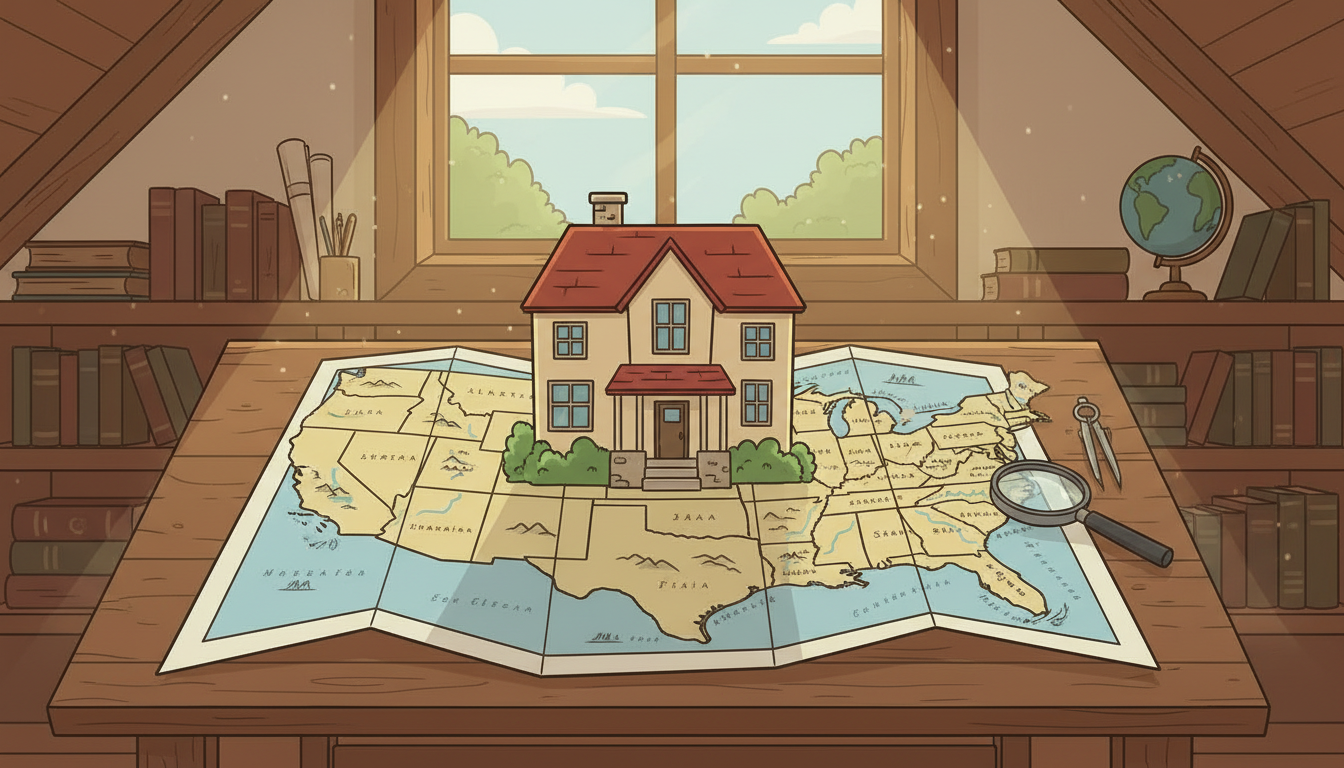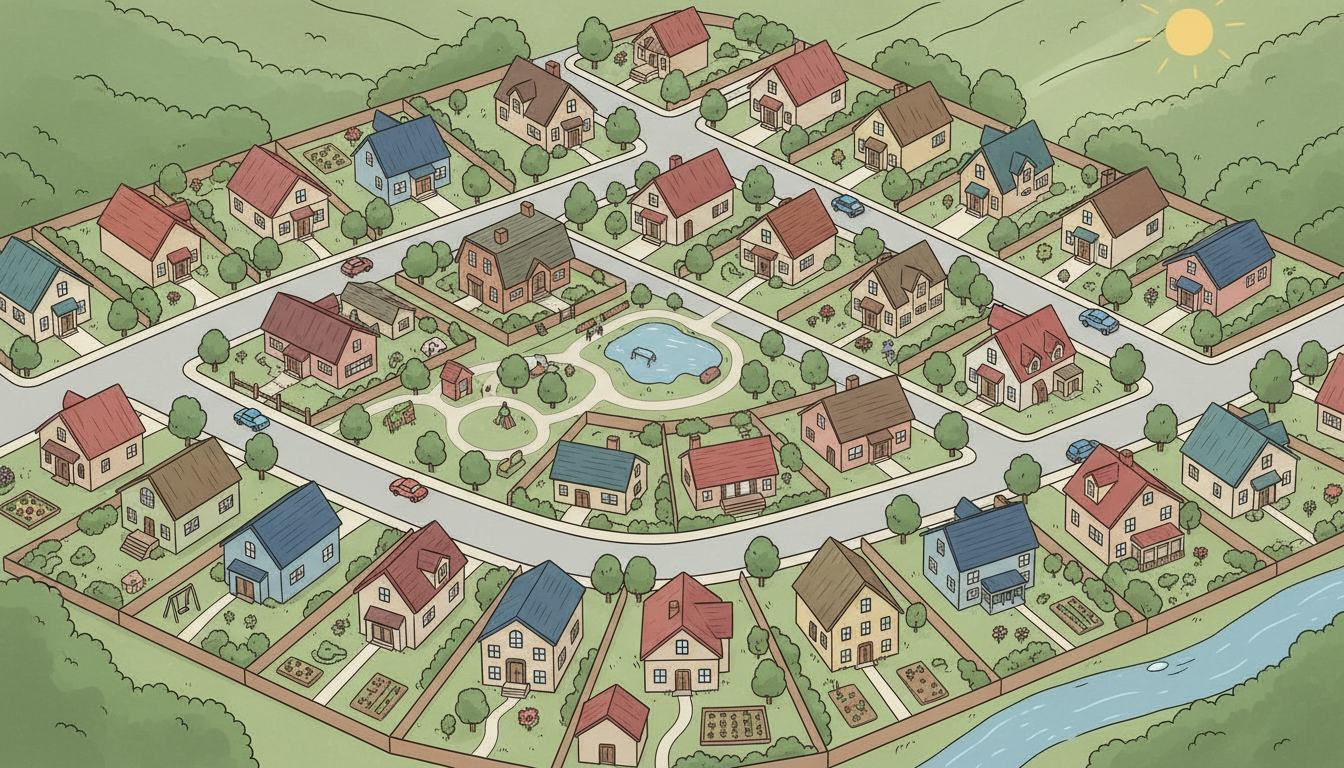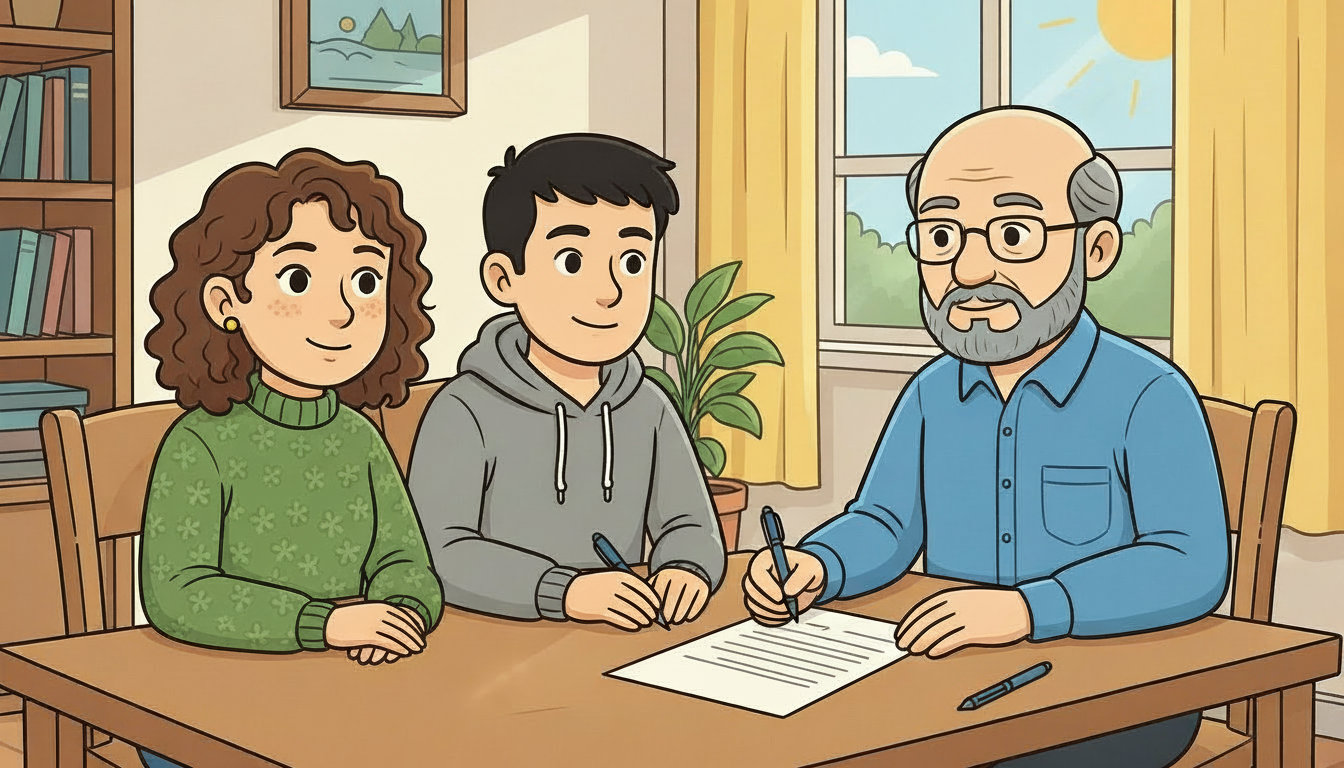
Housing problems can feel overwhelming, especially when you're dealing with evictions, Section 8 disputes, or unsafe living conditions. The good news is that free and low-cost legal help is available across the United States. This guide will help you understand your options and find the right legal assistance for your housing situation.
Who Provides Legal Help for Housing Issues?
Legal Services Corporation (LSC)
The Legal Services Corporation is a federally funded organization that supports more than 130 nonprofit legal aid centers across the United States. These centers provide free civil legal services to low-income individuals and families, including help with housing problems. LSC-funded programs are available in every state and focus on helping people who cannot afford private attorneys.
LawHelp.org
LawHelp.org serves as a comprehensive directory that connects you with state-specific legal resources. This website helps you find free or low-cost legal assistance for various housing issues, including evictions, Section 8 problems, and housing habitability concerns. The site is organized by state, making it easy to find local resources.
Local Nonprofit Organizations
Many local nonprofits specialize in housing law and tenant rights. For example, Neighborhood Legal Services, Inc. is one organization that offers free civil legal counsel for Section 8 tenants facing evictions, habitability issues, or discrimination. Similar organizations operate in communities across the country.
Public Housing Agencies and Community Programs
Your local Public Housing Agency (PHA) may offer legal assistance programs or partner with other organizations to provide help. Many bar associations also run pro bono clinics, and community legal centers offer free advice, hotlines, and representation for housing-related issues.
What Housing Issues Are Covered?
Eviction Defense
One of the most common services provided by legal aid organizations is eviction defense. Free representation or advice can help prevent evictions or assist you in attending court hearings. Legal aid lawyers can help you understand your rights, negotiate with landlords, and represent you in court if necessary.
Section 8 Voucher Disputes
Legal aid can help with various Section 8 issues, including appeals for voucher denials, termination disputes, porting problems, and habitability concerns. If your Section 8 application was denied, legal assistance can be crucial in the appeals process. You can learn more about this process in our guide on what to do if your Section 8 application is denied.
Unsafe Rental Conditions
Legal help is available to enforce healthy housing standards when you're dealing with unsafe rental conditions. This includes issues like mold, pest infestations, heating problems, or other habitability concerns that landlords refuse to address.
Housing Discrimination
Legal aid organizations provide assistance under the Fair Housing Act and local fair housing laws. This includes discrimination based on race, color, religion, sex, national origin, familial status, or disability. The U.S. Department of Housing and Urban Development provides additional resources on fair housing rights.
Understanding Tenant Rights and New Laws
Tenant Right-to-Counsel Programs
Several cities now guarantee legal representation for qualifying tenants facing eviction. Cities like New York City, San Francisco, Kansas City, and Philadelphia have implemented these programs, which have dramatically reduced eviction rates.
New York City was the first major city to implement universal access to legal representation in housing court, beginning in 2017. Other cities have since followed this model, recognizing that legal representation significantly improves outcomes for tenants.
Universal Access Programs
These programs ensure that eligible tenants receive free legal representation in eviction cases. The success of these programs has led to their expansion in multiple cities across the United States.
How to Get Legal Help: Step-by-Step Guide
Step 1: Use Online Resources
Start by visiting LawHelp.org or the LSC website to locate your local legal aid office. These directories will help you find organizations in your area that specialize in housing law.
Step 2: Contact Your Public Housing Agency
Call your PHA and ask if they or their partner organizations provide legal aid for Section 8 disputes, evictions, or security deposit issues. Many PHAs have relationships with local legal aid organizations and can provide referrals.
Step 3: Dial 211
The 211 hotline connects you with local nonprofits, charities, and government programs that offer low-cost housing legal services. This free service is available 24/7 and can help you find resources in your area.
Step 4: Check with Local Bar Associations
Contact your local bar association to ask about pro bono clinics or tenant law workshops. Many bar associations offer free legal clinics or can refer you to attorneys who provide reduced-cost services.
Step 5: Explore Right-to-Counsel Programs
If you're facing eviction, check if your city has a tenant right-to-counsel program. If such a program exists, you should qualify for free representation.
Legal Aid for Specific Section 8 Situations
Appealing Voucher Denials
Legal help is essential when appealing voucher denials because most appeals require prompt filing and proper evidence. Legal aid attorneys understand the complex appeals process and can help you gather the necessary documentation to support your case.
Emergency Section 8 or Rapid Rehousing
Legal assistance can help you compile proof of homelessness, domestic violence, or medical conditions needed for expedited voucher access. These emergency situations often require specific documentation that legal aid attorneys can help you obtain.
Security Deposit Assistance
Many PHAs and nonprofits assist with move-in costs and provide legal advice on deposit-related disputes. This can be particularly helpful when dealing with unfair deposit deductions or disputes with landlords.
Finding Reputable Legal Aid Organizations
Look for LSC-Funded Organizations
Ask if the organization is LSC-funded, as this guarantees free services for eligible households. LSC funding comes with strict guidelines ensuring quality legal services for low-income clients.
Explore Law School Clinics
Look for tenant rights or housing law clinics at local law schools or legal centers. These clinics often provide free services while giving law students practical experience under attorney supervision.
Compare Your Options
Use LawHelp.org and 211 to compare different options. Some organizations offer phone consultations, while others provide full representation in court. Choose the service that best fits your needs and situation.
Getting Started with Your Housing Search
While dealing with legal issues, you might also need to find new housing. Our guide on how to find housing on Section8Search can help you locate available properties. Additionally, check our monthly updates on new waiting lists that open to stay informed about new opportunities.
If you're already in the Section 8 program, you can learn how to check your Section 8 status to stay updated on your application or voucher status.
What to Expect from Legal Aid Services
Initial Consultation
Most legal aid organizations start with a screening process to determine if you qualify for their services. This usually involves questions about your income, the nature of your legal problem, and your housing situation.
Types of Assistance
Legal aid can range from brief advice over the phone to full representation in court. The type of help you receive depends on your specific situation and the resources available at the organization.
Timeline and Process
Legal proceedings can take time, and it's important to start the process as early as possible. Many housing issues have strict deadlines, especially appeals and eviction cases.
Conclusion
Free and low-cost legal help is available through federal programs like the Legal Services Corporation, state directories like LawHelp.org, and local nonprofits across the country. These services cover eviction defense, Section 8 disputes, unsafe housing conditions, discrimination cases, and emergency voucher access.
Remember that tenant right-to-counsel laws in cities like New York ensure free representation for qualifying renters facing eviction. To get help quickly, search LawHelp.org or LSC for nearby legal aid, call 211, contact your PHA, or explore pro bono clinics and tenant rights organizations.
While legal aid doesn't guarantee specific results, proper legal support can significantly improve your chances in Section 8 appeals, eviction defense, habitability enforcement, and discrimination cases. Don't wait until it's too late – reach out for help as soon as housing problems arise.
For more information about federal housing programs and tenant rights, visit HUD.gov or contact your local Legal Services Corporation office.
Navigating the Section 8 housing process can feel overwhelming, and that's where Section 8 Search comes in. We're more than just a listing website; we're a dedicated resource designed to make finding housing under the Housing Choice Voucher Program straightforward and stress-free. Our platform offers user-friendly tools to explore listings and waiting list statuses nationwide, all built on official HUD data. We're also passionate about providing clear, helpful information and guidance, empowering you with the knowledge you need to understand eligibility, complete your application, and confidently navigate your housing journey.
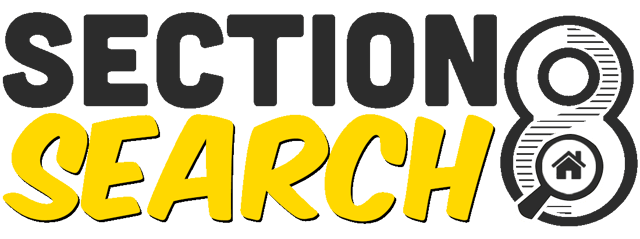
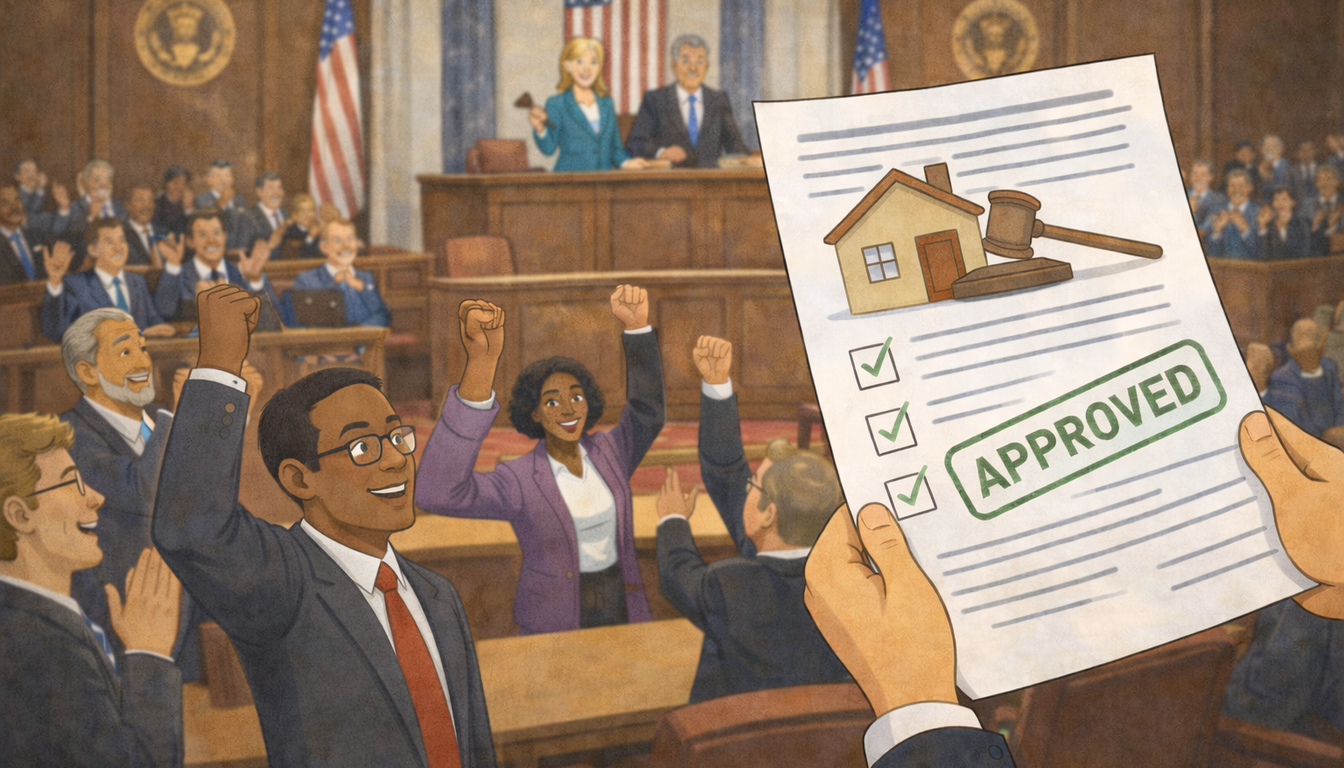

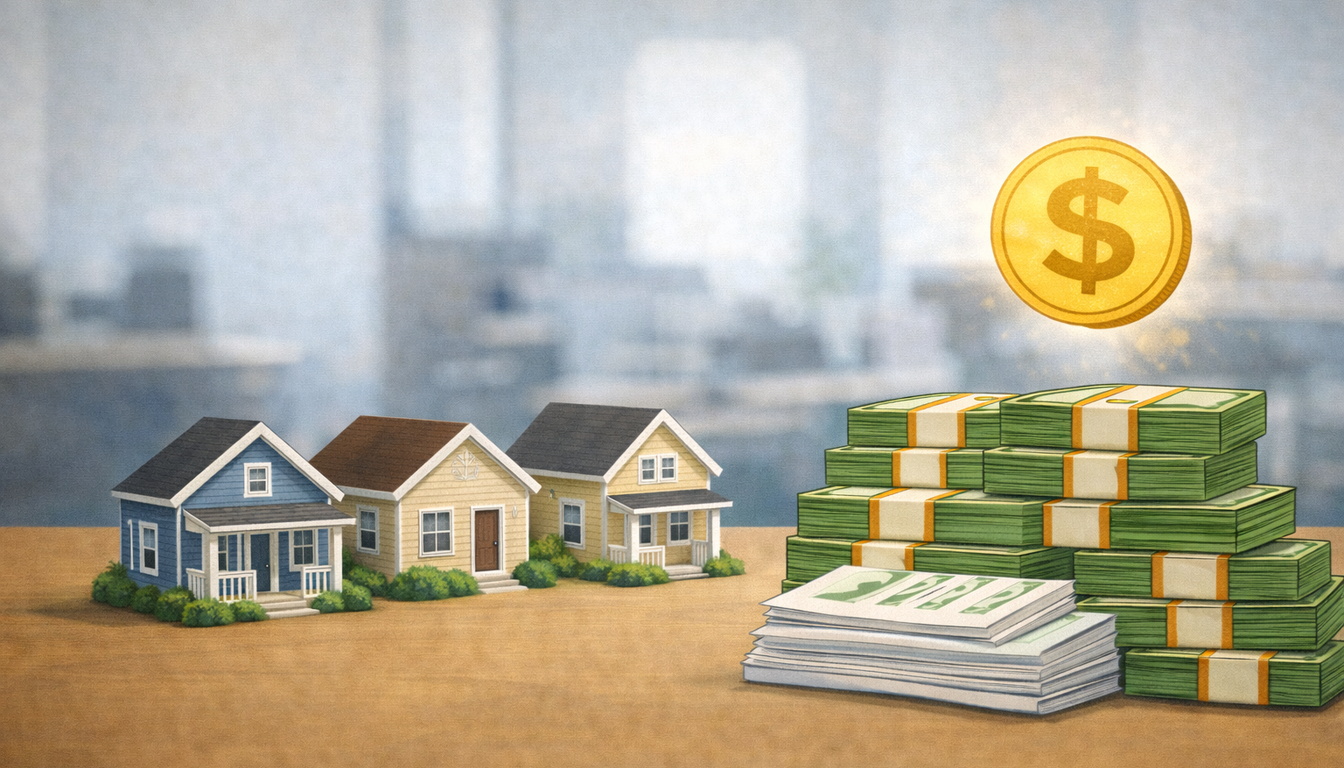


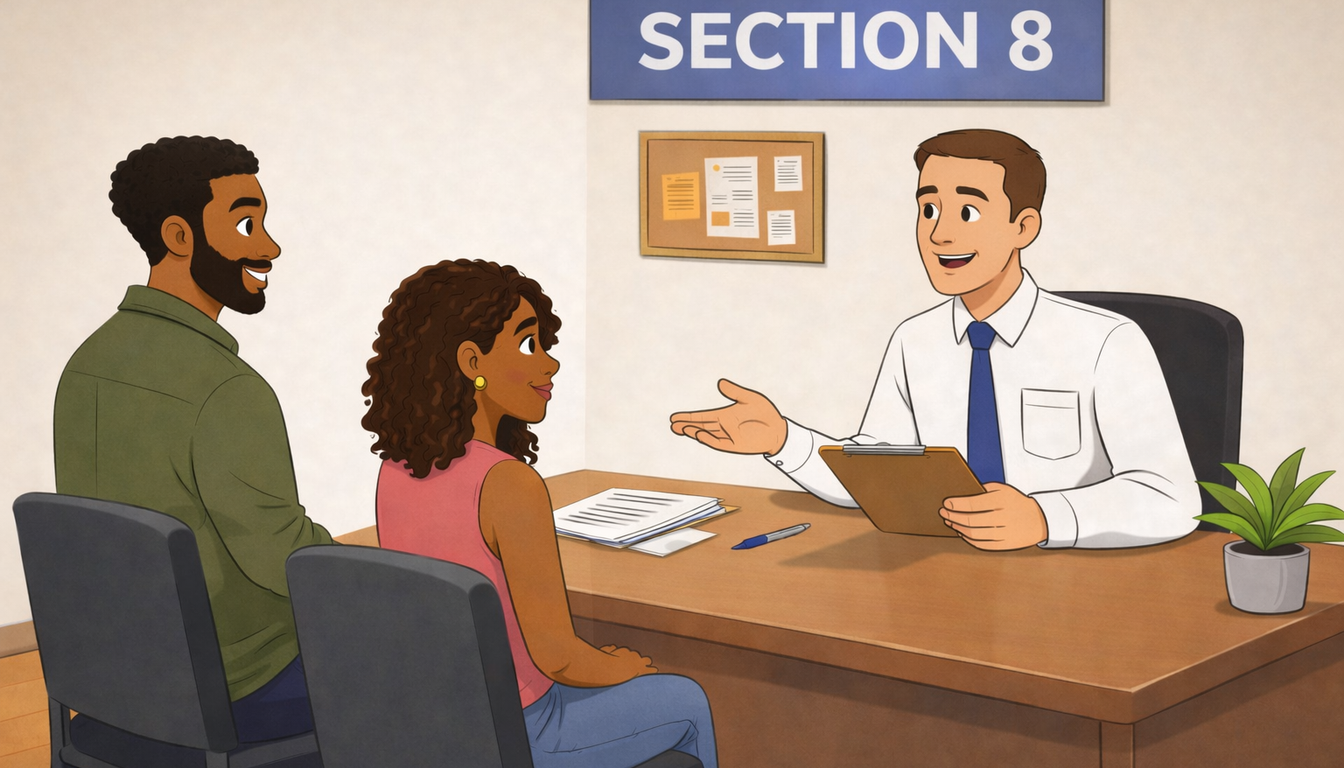
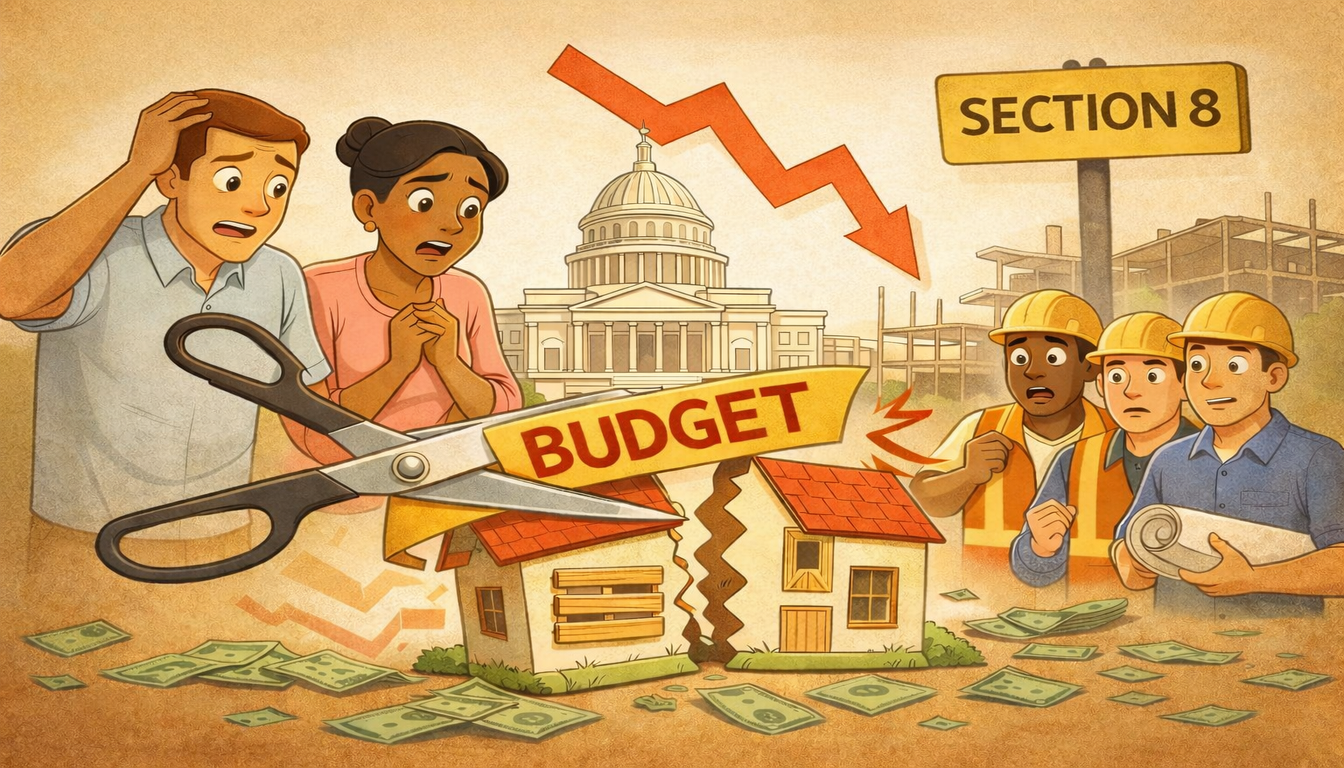
.png)
.png)
.jpg)
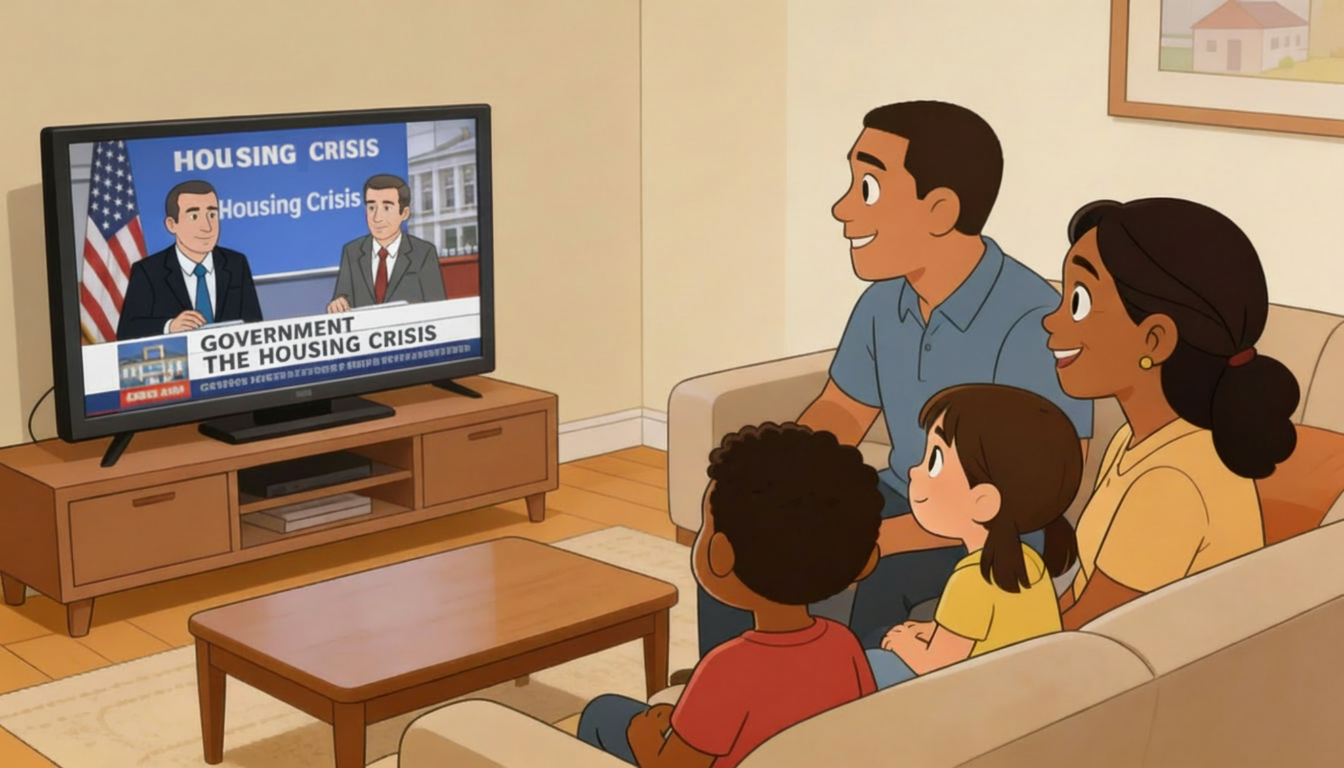

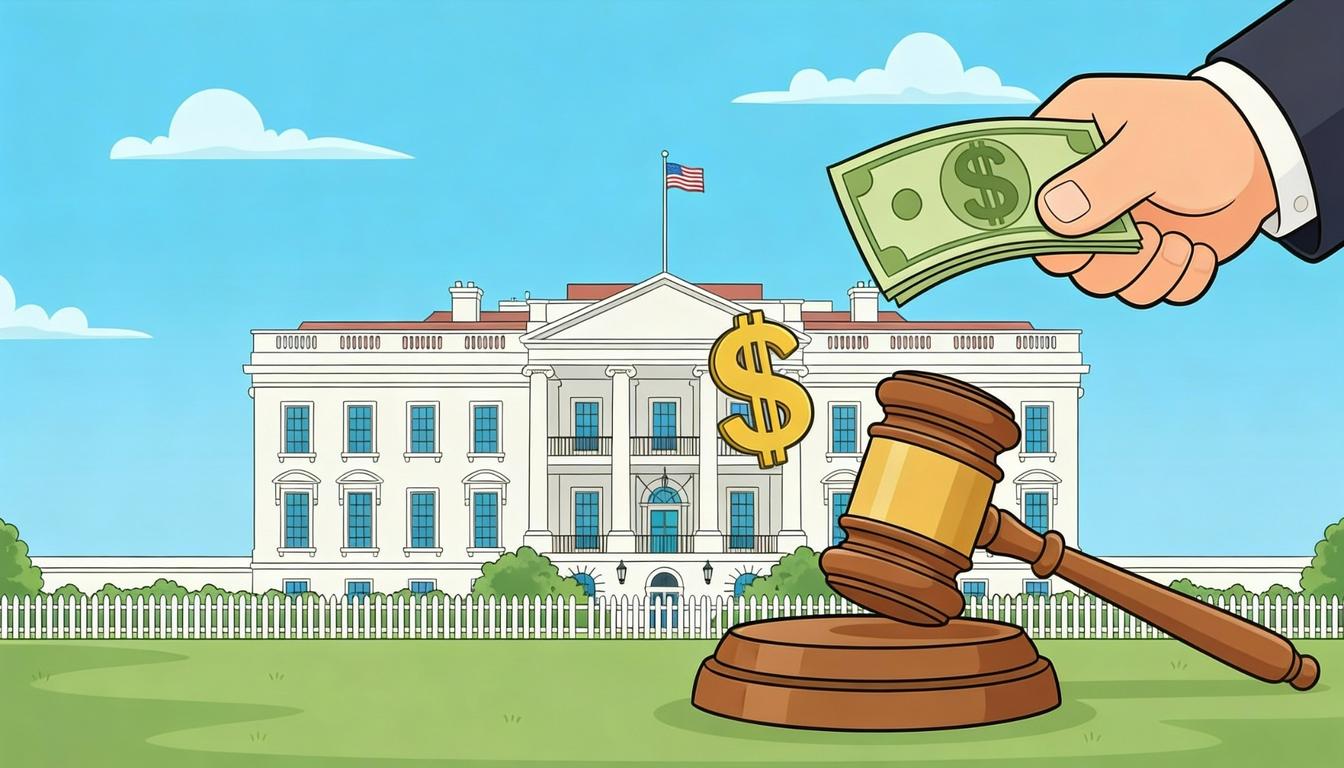
.png)
.png)
.png)
